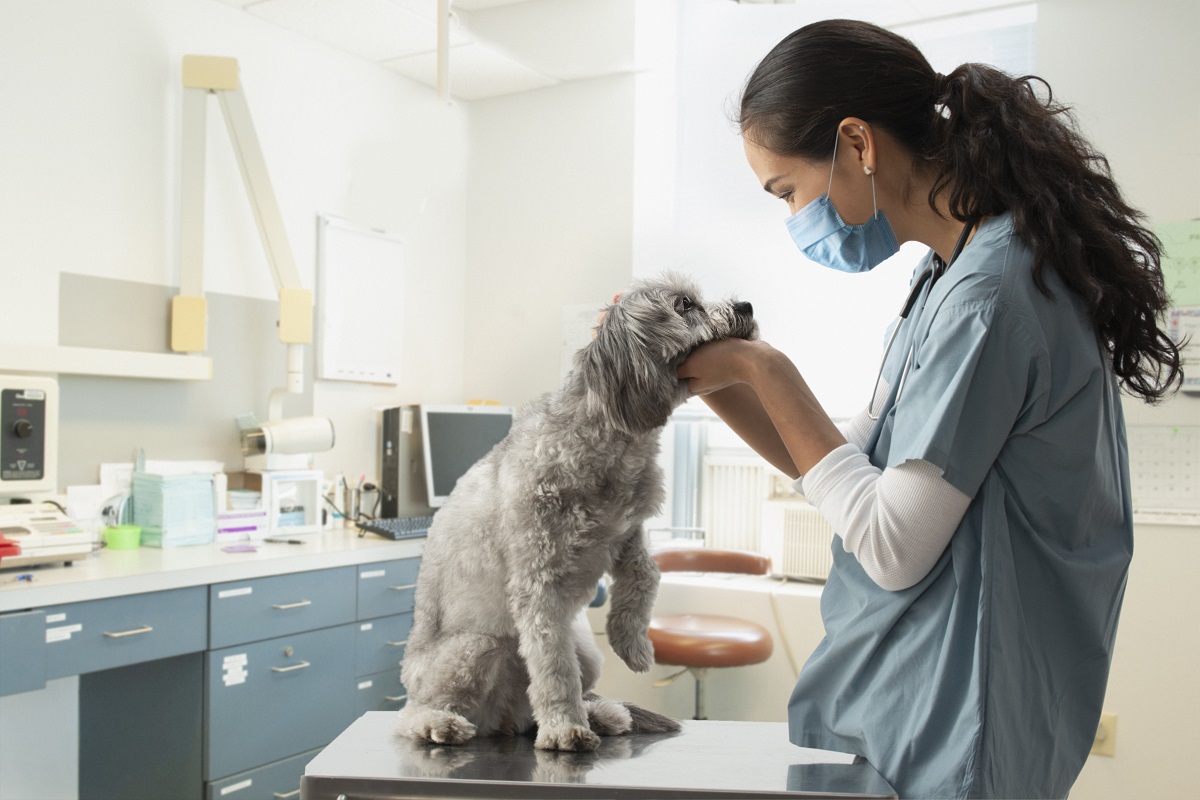This year’s veterinary graduating class have shown concern over the availability of clinical placements due to COVID-19.
The Australian Veterinary Association (AVA) along with the New Zealand Veterinary Association (NZVA) released a statement addressing the issue that potential employers may not see this year’s students as qualified.
The statement said: “Our purpose in writing is to assure you of our confidence that, as is always the case, given attentive support and capable mentors, this cohort has the requisite skills and knowledge to be practice-ready on graduation.”
The impact of COVID-19 has meant clinical placements involved a mix of face-to-face, self-directed, and online learning, while all schools have ensured that students meet program and educational requirements and competencies.
The AVA also offered some advice to those already in the industry for supporting these graduates by assisting veterinary schools by providing student placement opportunities, encouraging students in their search, welcoming new graduates with open arms, and making use of the resources provided by AVA and NZVA.
Australia is currently facing a veterinary shortage and Dr Cristy Secombe, Head of Veterinary and Public Affairs at the AVA previously told Pet Industry News that disrupted travel movements, both within Australia and internationally, have impacted on veterinary recruitment.
“International vets are an important skilled workforce for the Australian veterinary market and although vets have recently been included on the PMSOL list, the logistics of international vets coming to Australia to work remains very difficult at this time.”
With this lack of immigration and the current shortage it is important to encourage and support new homegrown veterinarians in the industry.

